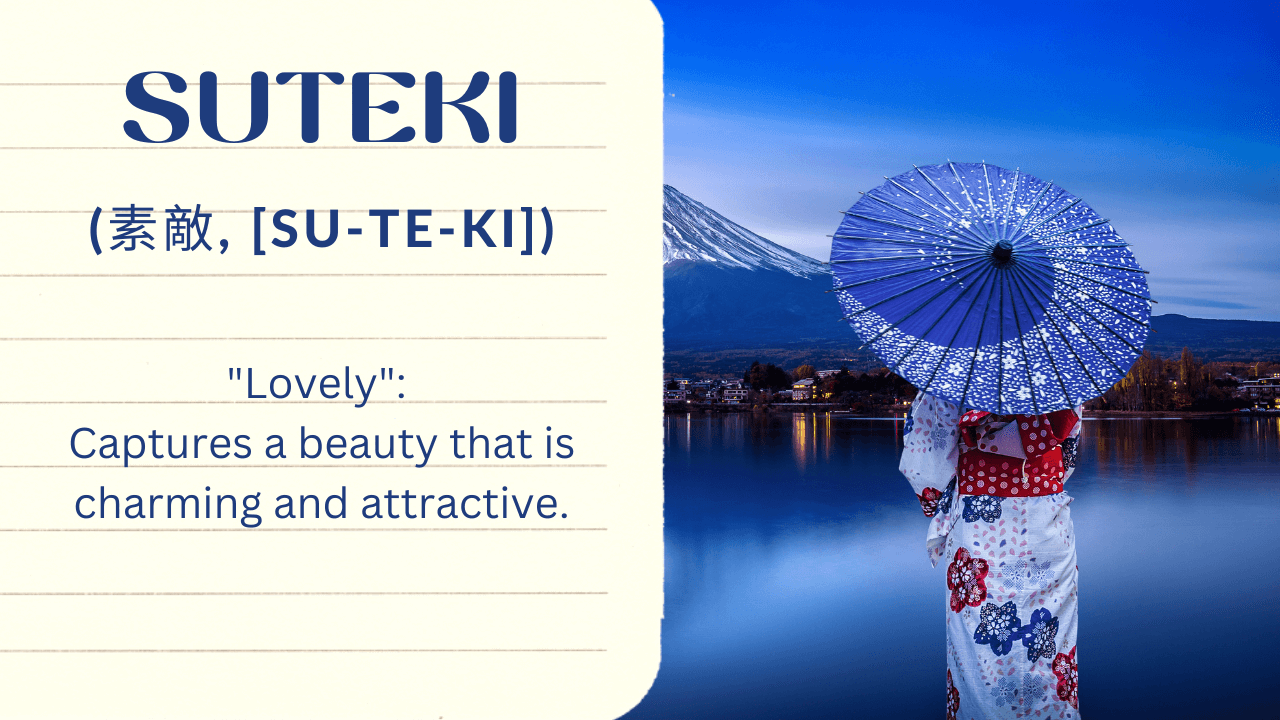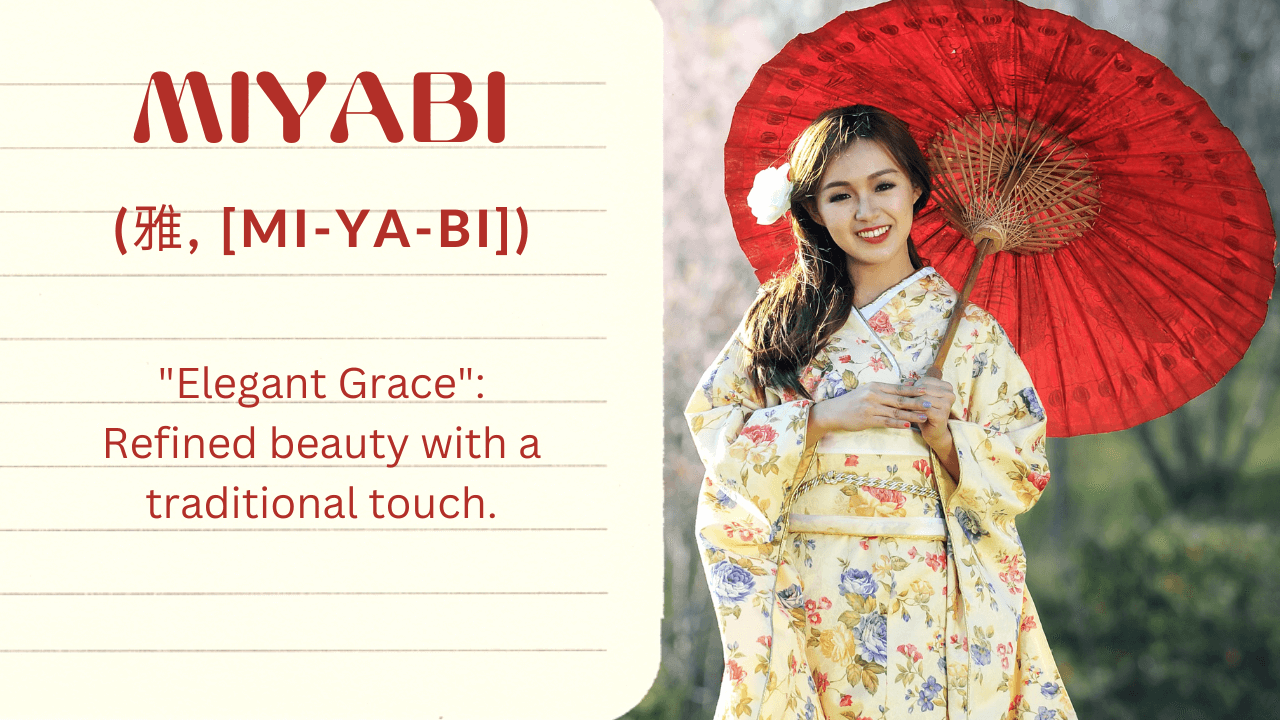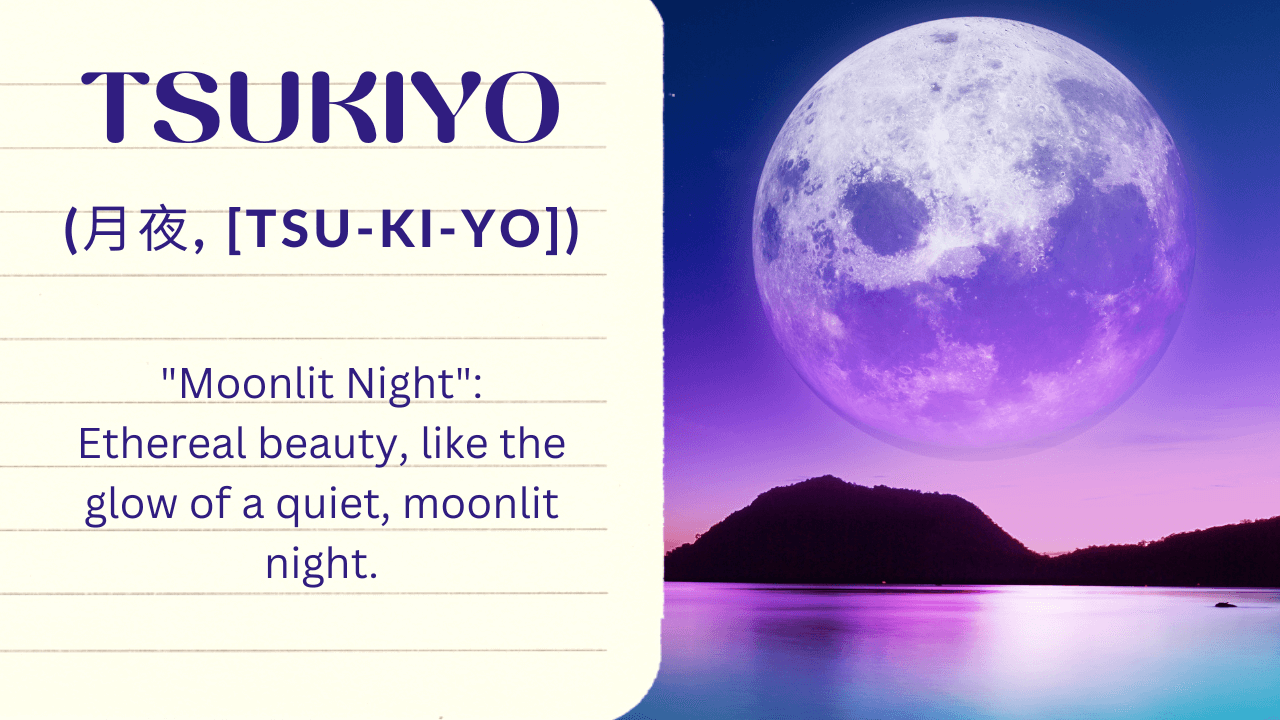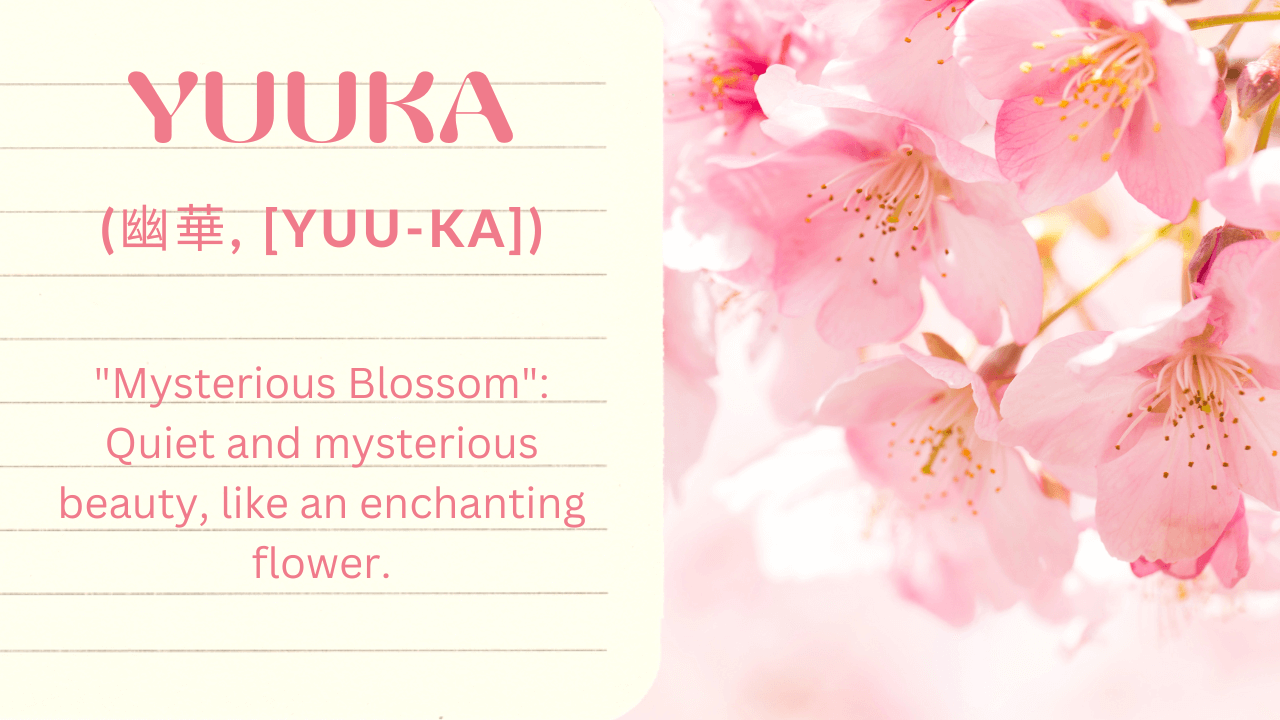The Japanese language has many ways to describe beauty, each with its own cultural meaning. These words aren’t just different terms; they show us what the Japanese culture values in beauty. As we look at these 33 unique expressions, we see not just a range of words, but a deep respect for beauty that goes beyond just seeing something nice. It’s part of the culture’s heart. What do these words tell us about what’s important to Japanese society and their history?
Unique Ways to Say “Beautiful” in Japanese
When you dive into the Japanese language, you find many special ways to talk about beauty. Each word has its own deep meaning. For example, ‘美しい’ (utsukushii) is used when something is truly stunning. Then there’s ‘綺麗’ (kirei), which is more about being clean and tidy. There’s also ‘美人’ (bijin), a word used specifically for beautiful women. And don’t forget ‘可愛い’ (kawaii), which is all about cuteness. It’s interesting how these words reflect the cultural values around beauty and charm.
- Utsukushii (美しい, [u-tsu-ku-shii]) – “Beautiful”: A classic term for pure and elegant beauty.
- Kirei (綺麗, [ki-rei]) – “Pretty/Clean”: Expresses beauty that is clean and radiant.
- Migoto (見事, [mi-go-to]) – “Magnificent”: Describes breathtaking beauty that impresses.
- Suteki (素敵, [su-te-ki]) – “Lovely”: Captures a beauty that is charming and attractive.

- Kokoro Utsukushii (心美しい, [ko-ko-ro u-tsu-ku-shii]) – “Beautiful Heart”: Refers to inner beauty and kindness.
- Rokkasen (六花仙, [ro-kka-sen]) – “Flower Spirit”: Used for delicate, flower-like beauty.
- Shirayuki (白雪, [shi-ra-yu-ki]) – “White Snow”: Implies pure, untouched beauty, like fresh snow.
- Nagareboshi (流れ星, [na-ga-re-bo-shi]) – “Falling Star”: Refers to fleeting, dazzling beauty.
- Shizukesa (静けさ, [shi-zu-ke-sa]) – “Quiet Beauty”: Calm and serene beauty, peaceful to behold.
- Seiran (清蘭, [sei-ran]) – “Clear Orchid”: Captures a beauty that is clear, pure, and refined.
- Yūgen (幽玄, [yuu-gen]) – “Subtle Grace”: A mystical, deep beauty that evokes awe.
- Shiawase na Hana (幸せな花, [shi-a-wa-se na ha-na]) – “Happy Flower”: Reflects joyful, radiant beauty.
- Kazahana (風花, [ka-za-ha-na]) – “Windblown Flower”: Represents a gentle, delicate beauty.
- Kagayaki (輝き, [ka-ga-ya-ki]) – “Brightness”: A brilliance that captivates the eye.
- Junjou (純情, [jun-jou]) – “Pure Heart”: Reflects a beauty that feels innocent and genuine.
- Miyabi (雅, [mi-ya-bi]) – “Elegant Grace”: Refined beauty with a traditional touch.

- Suishou (水晶, [sui-shou]) – “Crystal”: Pure and clear beauty, like a crystal’s clarity.
- Shinkirou (蜃気楼, [shin-ki-rou]) – “Mirage”: Illusory beauty that feels otherworldly and magical.
- Honoka (ほのか, [ho-no-ka]) – “Faint Glow”: Subtle, delicate beauty that gently shines.
- Kinu no Yōna (絹のような, [ki-nu no yoo-na]) – “Silk-like”: Smooth, soft beauty, as gentle as silk.
- Midori (翠, [mi-do-ri]) – “Emerald Green”: Natural beauty, as fresh and vibrant as nature.
- Kōmyō (光明, [ko-myou]) – “Radiant Light”: Bright and uplifting beauty that illuminates.
- Nagi (凪, [na-gi]) – “Calm Sea”: Tranquil beauty, as peaceful as a calm ocean.
- Tsukiyo (月夜, [tsu-ki-yo]) – “Moonlit Night”: Ethereal beauty, like the glow of a quiet, moonlit night.

- Yuuai (優愛, [yuu-ai]) – “Gentle Love”: Beautiful in a soft, loving, and warm way.
- Hana Akari (花灯, [ha-na a-ka-ri]) – “Flower Light”: Beauty that glows like a blooming flower.
- Seirene (清麗, [sei-re-ne]) – “Clear and Beautiful”: Fresh, transparent beauty, clean and bright.
- Kokuu (虚空, [ko-kuu]) – “Infinite Sky”: Beauty as vast and endless as the sky.
- Yuuka (幽華, [yuu-ka]) – “Mysterious Blossom”: Quiet and mysterious beauty, like an enchanting flower.

- Shirobara (白薔薇, [shi-ro-ba-ra]) – “White Rose”: Pure, soft beauty, like a delicate white rose.
- Shinseina (神聖な, [shin-sei-na]) – “Sacred”: Holy beauty, revered and awe-inspiring.
- Kisetsu no Keshiki (季節の景色, [ki-se-tsu no ke-shi-ki]) – “Season’s Scenery”: Beauty that changes with the seasons.
- Fukaku Shizuka (深く静か, [fu-ka-ku shi-zu-ka]) – “Deep Silence”: Profound, quiet beauty that resonates deeply.
Also Read: Traditional Flowers In Japanese: Their Names And Hidden Meanings
Conclusion
In conclusion, the Japanese language has many ways to describe beauty, each with its own cultural meaning. This variety shows how deeply Japanese culture values and understands beauty. By learning these different words, we can get a better sense of Japan’s culture and what they consider beautiful. Talking about these terms helps improve language skills and lets us see beauty from different cultural viewpoints. Keep visiting the Translation Blog for more translation articles like this.

